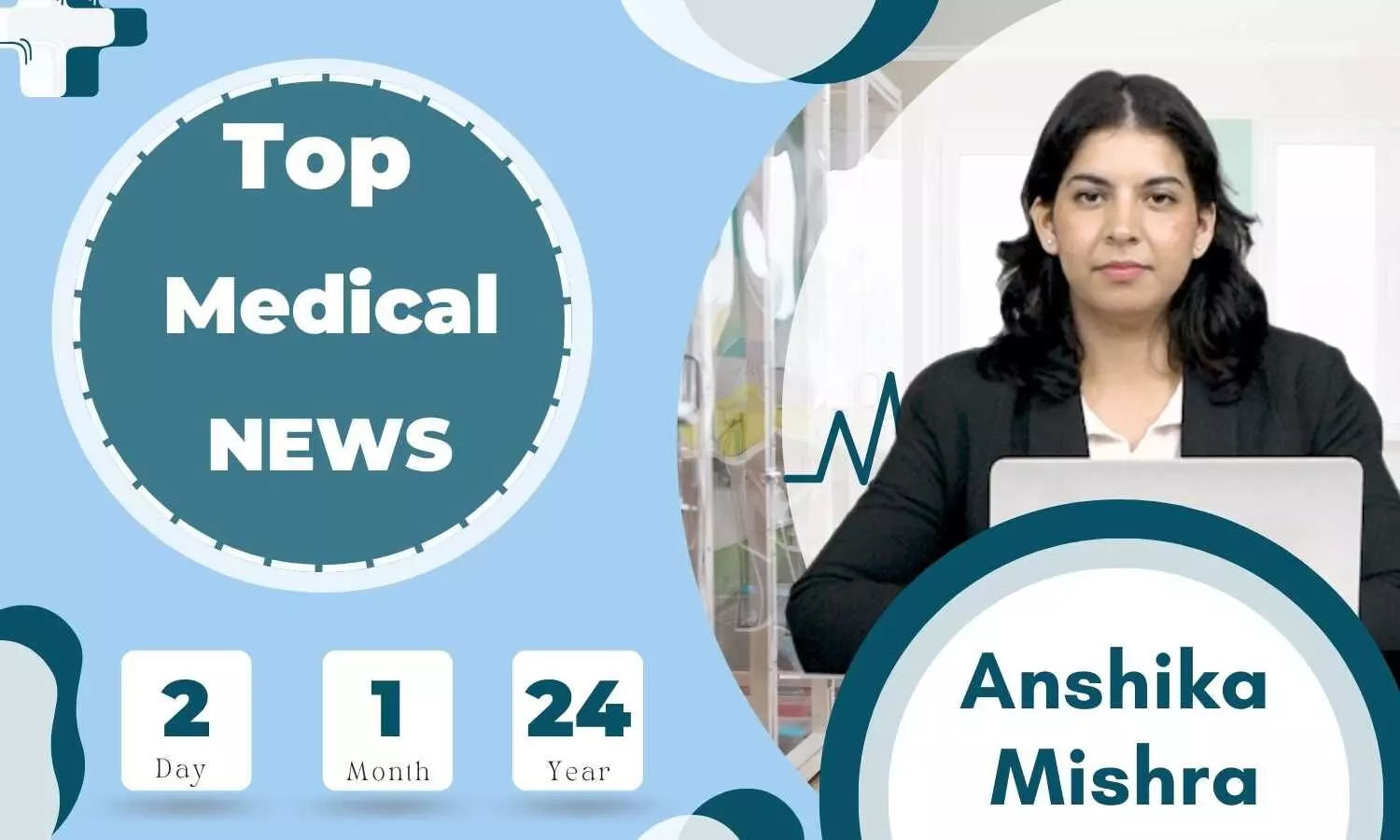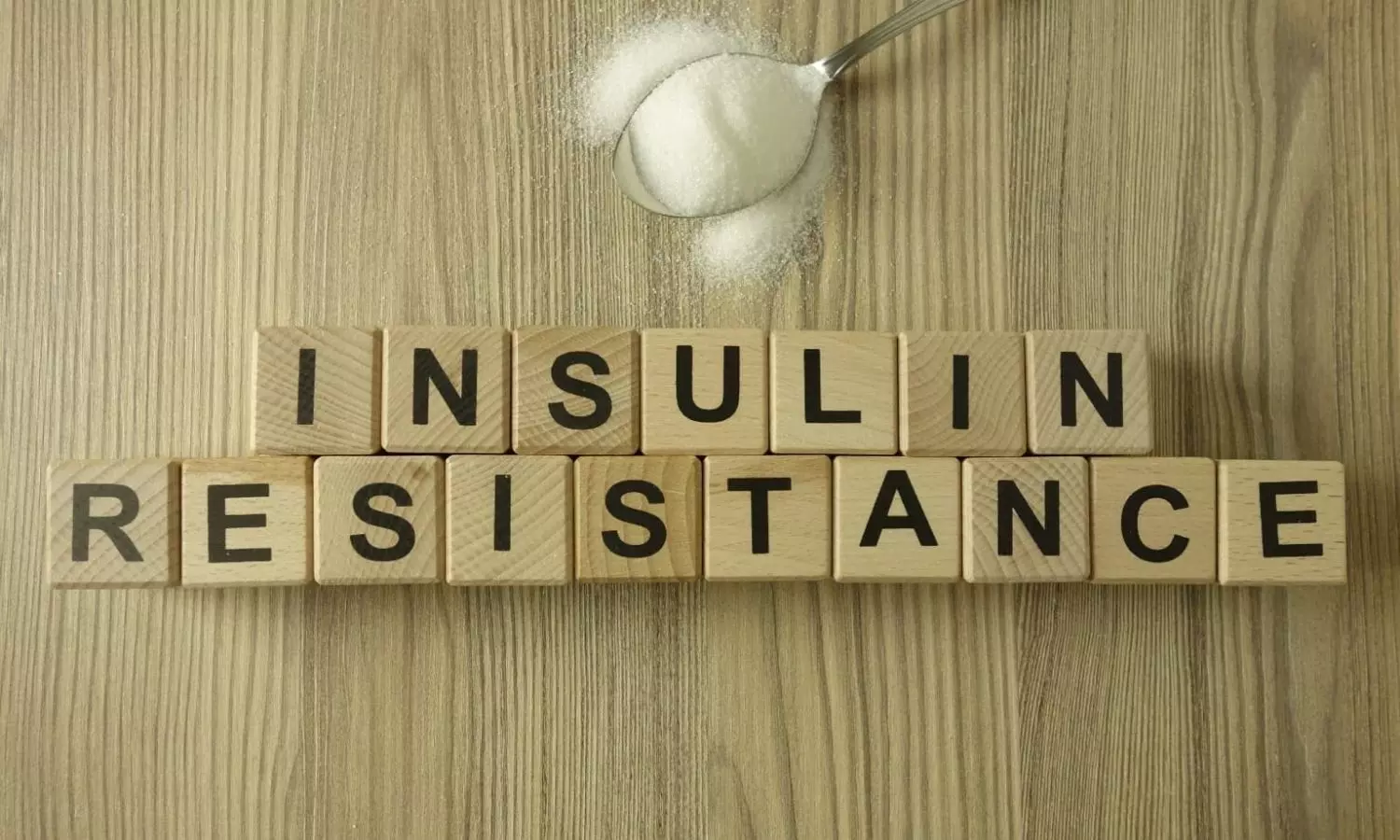Medical News, Health News Latest, Medical News Today - Medical Dialogues |
Medical Bulletin 2/January/2024
1 year 10 months ago
MDTV,Channels - Medical Dialogues,Medical News Today MDTV,Medical News Today
Medical News, Health News Latest, Medical News Today - Medical Dialogues |
Study suggests link between Vitamin D and insulin resistance in children
1 year 10 months ago
Diabetes and Endocrinology,Pediatrics and Neonatology,Diabetes and Endocrinology News,Pediatrics and Neonatology News,Diabetes and Endocrinology Videos,Pediatrics & Neonatology Videos,MDTV,Diabetes and Endocrinology MDTV,Pediatrics & Neonatology MDTV,MD s
Health Archives - Barbados Today
St Lucia records increase in gastroenteritis cases
1 year 10 months ago
Health, News, Regional, st lucia
Post New Year detox: Expert tips for cleansing body, bouncing back from hangover - Hindustan Times
- Post New Year detox: Expert tips for cleansing body, bouncing back from hangover Hindustan Times
- Happy New Year 2024: Top 10 Detox Tips for a Healthy New Year Business Today
- Here's a simple, effective guide to rewire your diet post holidays The Indian Express
- Give your body a reset after the holidays Jamaica Gleaner
- How to retrain your palate after Christmas indulgence The Telegraph
1 year 10 months ago
Healthy Dinner Ideas for 2023 - 280 Dinner Recipes - How Sweet Eats
- Healthy Dinner Ideas for 2023 - 280 Dinner Recipes How Sweet Eats
- 30-Day No-Sugar High-Protein Anti-Inflammatory Meal Plan, Created by a Dietitian EatingWell
- Top High-Fiber Foods to Fight Inflammation Yahoo Life
- The 10 Best Eating Habits to Fight Inflammation Eat This, Not That
- Foods you should eat to fight inflammation | Health Jamaica Gleaner
1 year 10 months ago
Even 30-second exercise ‘snacks’ can boost your energy and help you get fit in the new year. How to add them to your day - Fortune
- Even 30-second exercise ‘snacks’ can boost your energy and help you get fit in the new year. How to add them to your day Fortune
- 6 ways just one week of clean eating and exercise will help you Jamaica Observer
- MEDICAL INSIGHTS: Keep moving in the new year The Post and Courier
- Research: Little exercise can go a long way in the new year WKRC TV Cincinnati
- It takes less than five minutes to build muscle and burn calories with these 'exercise snacking' workouts Fit and Well
1 year 10 months ago
Health Archives - Barbados Today
QEH: Surge in patients at A&E Department continues into 3rd consecutive day
1 year 10 months ago
Health, Local News, News
New Year Honours 2024 – Grenada
1 year 10 months ago
Athletics, Education, Health, PRESS RELEASE, Sports, alwyn enoe, christina batson, dave king, leroy joseph, lindon victor, mbe, neil ferguson, new year, new year honours, obe, order of the british empire
5 Less Obvious Ways Anxiety Shows Up In Men - YourTango
5 Less Obvious Ways Anxiety Shows Up In Men
YourTango
1 year 10 months ago
5-Ingredient Dinners to Lower Inflammation (& Shopping List!) - EatingWell
- 5-Ingredient Dinners to Lower Inflammation (& Shopping List!) EatingWell
- Top High-Fiber Foods to Fight Inflammation Yahoo Life
- Inflammation and Your Diet | Ponca City News Ponca City News
- Foods you should eat to fight inflammation | Health Jamaica Gleaner
1 year 10 months ago
Dr Oz Weight Loss Keto Gummies: The Art of Safe Fat Burning - The Quint
- Dr Oz Weight Loss Keto Gummies: The Art of Safe Fat Burning The Quint
- Trimax Keto Gummies Review - Fast Acting Summer Keto + ACV Gummies or Scam? Islands' Sounder
- Summer Body Keto ACV Gummies Review 2024 - Obvious Hoax or Real SummerBody Gummy Brand? | Courier-Herald Enumclaw Courier-Herald
- Best Weight Loss Gummies of 2024: Ranking the Top 8 Fat Burning Gummy Products | Covington-Maple Valley Reporter Covington-Maple Valley Reporter
- Pura Vida Keto Gummies Review - Scam or Legit PuraVida Keto ACV Formula? | Vashon-Maury Island Beachcomber Vashon-Maury Island Beachcomber
1 year 10 months ago
Medical News, Health News Latest, Medical News Today - Medical Dialogues |
Study Suggests Link Between Vitamin D and Insulin Resistance in Children
1 year 10 months ago
Pediatrics and Neonatology,Pediatrics and Neonatology News,Top Medical News,Latest Medical News
Acid Reflux and nutrition
1 year 10 months ago
Health, PRESS RELEASE, acid reflux, gastroesophageal reflux disease, gerd, ginger, grenada food and nutrition council
Dominican Republic’s Public Health Ministry addresses JN.1 variant and other health concerns
1 year 10 months ago
Health
Medical News, Health News Latest, Medical News Today - Medical Dialogues |
Paramedic practising in rural area seeks registration of his clinic, gets slammed by Karnataka HC
1 year 10 months ago
Editors pick,State News,News,Health news,Karnataka,Medico Legal News





